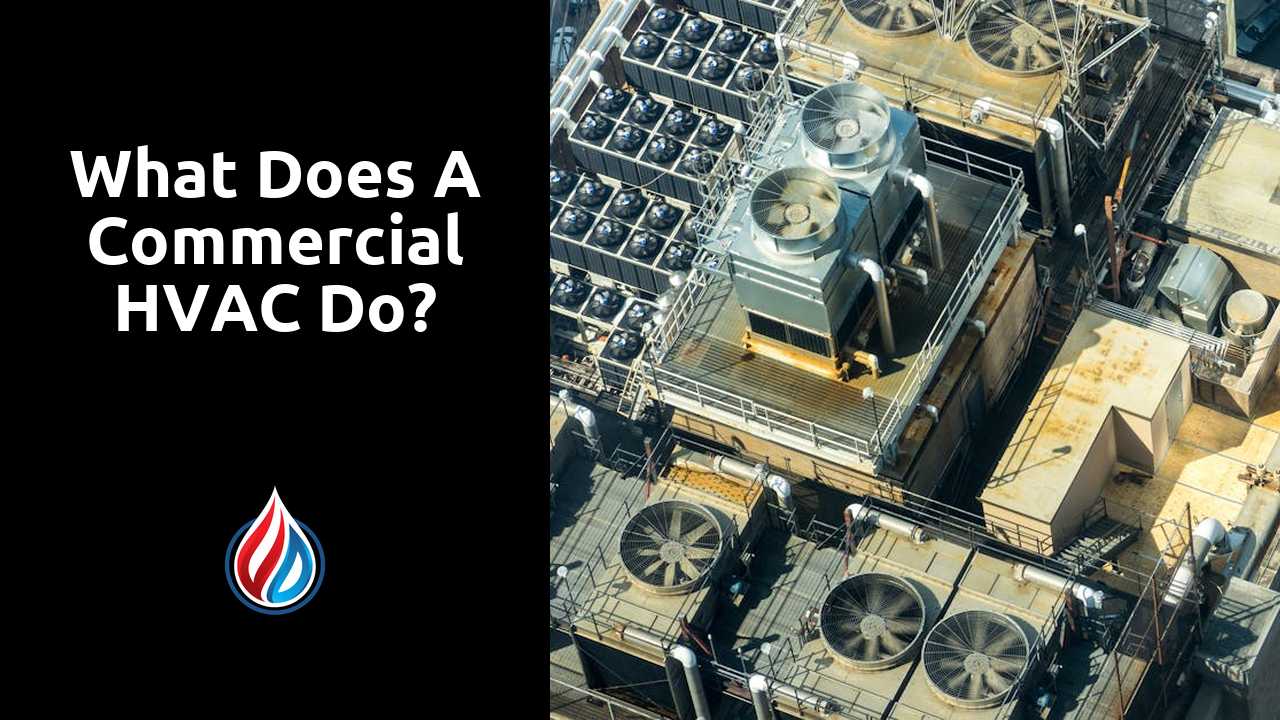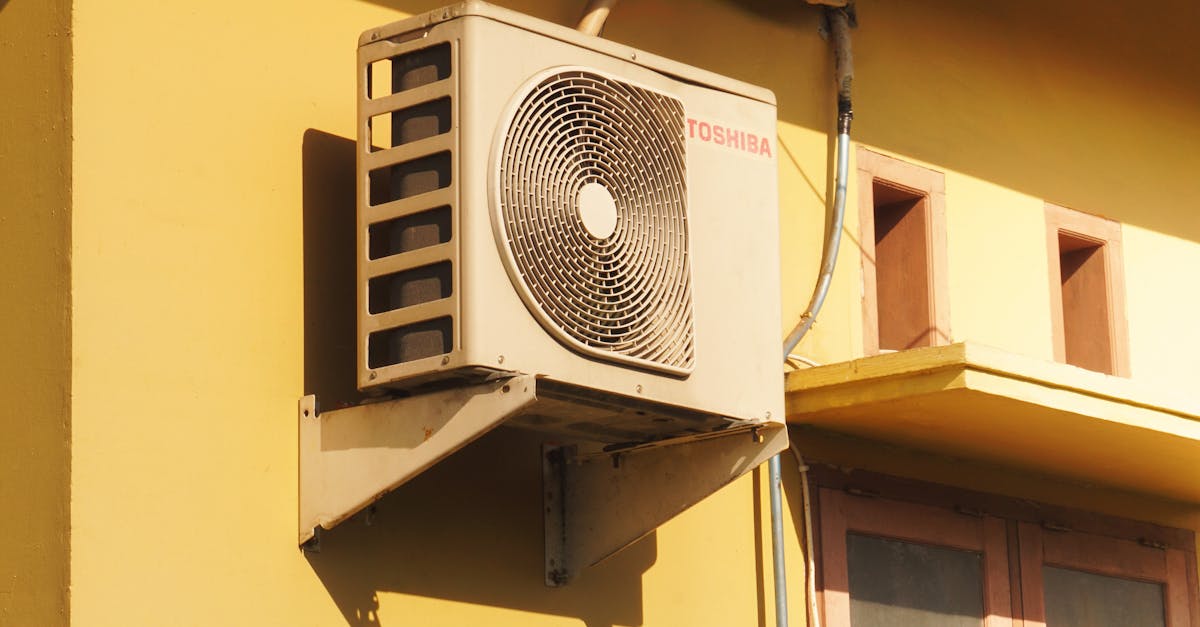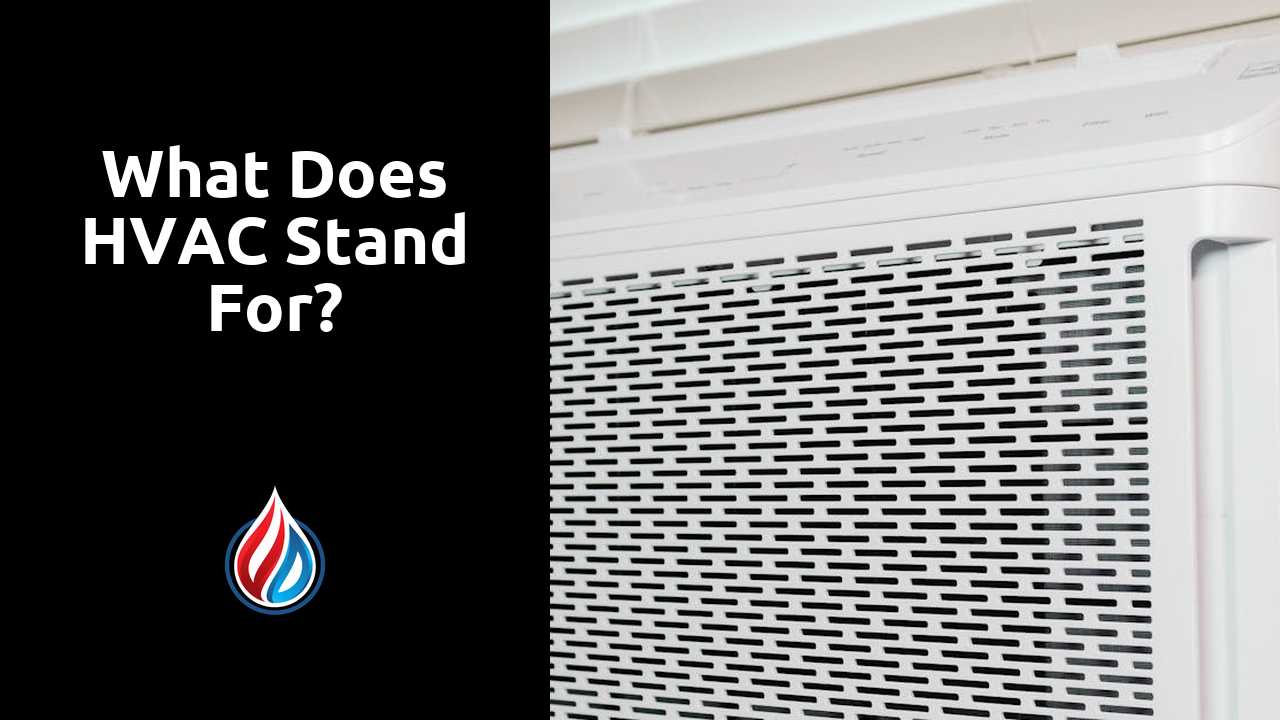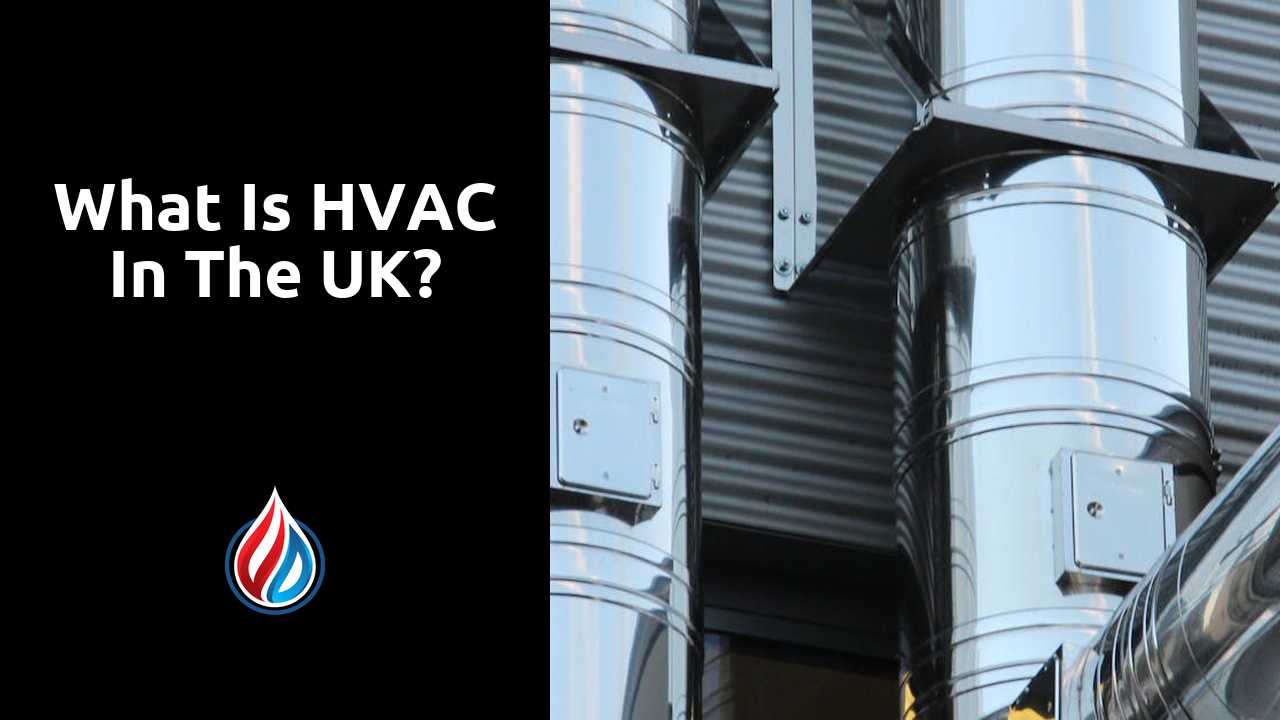
Table Of Contents
Energy Efficiency in Commercial HVAC
Energy efficiency has become a crucial focus in the realm of commercial HVAC systems. These systems account for a significant portion of energy consumption in large buildings. Optimising energy use not only helps reduce operational costs but also contributes significantly to the reduction of carbon footprints. Implementing measures such as regular maintenance, upgrading to high-efficiency units, and incorporating smart technologies can dramatically enhance overall performance. Businesses are increasingly recognising the value of adopting these energy-efficient practices to create sustainable environments.
Commercial HVAC services play a pivotal role in ensuring that systems function at their best. By providing timely inspections and necessary upgrades, these services help identify inefficiencies and rectify them before they escalate into larger issues. Trained technicians can evaluate existing systems, recommend energy-efficient alternatives, and advise on best practices for operation. This proactive approach promotes longevity and reliability while maximising energy savings in commercial settings.
Benefits of Upgrading Systems
Upgrading commercial HVAC systems offers significant benefits that can enhance operational efficiency and reduce overall costs. Modern systems are designed with advanced technologies, enabling better temperature control and improved air quality. This leads to a more comfortable environment for employees and clients alike. Additionally, newer units often incorporate energy-saving features that can lead to substantial savings on utility bills over time. Investing in such upgrades can also extend the lifespan of the HVAC system, diminishing the frequency of repairs and maintenance.
Moreover, utilising Commercial HVAC Services provides businesses with expert guidance on selecting the right systems tailored to their needs. Professionals can evaluate existing systems and recommend improvements that align with the latest regulations and standards. Regular maintenance and updates can help prevent common issues, ensuring that businesses operate smoothly without unexpected disruptions. Enhanced reliability and performance from upgraded equipment create a more productive atmosphere within commercial spaces.
Troubleshooting Common HVAC Issues
Regular maintenance of commercial HVAC systems is crucial for preventing issues before they escalate. Common signs of potential problems include inconsistent temperatures, unusual noises, or increased energy bills. Engaging Commercial HVAC Services can help in diagnosing these issues early, ensuring that minor repairs do not develop into major malfunctions. Trained technicians have the expertise to identify underlying causes and recommend appropriate solutions.
In addition to proactive maintenance, understanding the specific components of the system can aid in troubleshooting. Filters, thermostats, and ductwork are often primary culprits in performance inconsistencies. A thorough inspection of these elements can reveal blockages or faults that impede efficiency. Through the expertise of Commercial HVAC Services, businesses can keep their systems operating optimally, maintaining comfort for occupants while adhering to energy efficiency standards.
Identifying Problems Early
Identifying issues in a commercial HVAC system at an early stage can significantly mitigate costly repairs and ensure consistent performance. Regular inspections are crucial, as they help to spot anomalies such as unusual noises, fluctuating temperatures, or changes in airflow. These symptoms can indicate underlying problems that, if left unchecked, may lead to complete system failures. Proactive maintenance is a fundamental aspect of ensuring that the HVAC system operates efficiently and reliably.
Commercial HVAC services often provide detailed maintenance plans that include routine inspections and performance assessments. Technicians have the expertise to recognise signs of wear and tear that may not be immediately apparent to untrained eyes. Early identification of these issues can save businesses not only on potential repair costs but also on energy expenditures associated with inefficient HVAC operations. Regular check-ups ensure that the system remains compliant with relevant regulations while enhancing overall indoor comfort for occupants.
Regulations and Standards in HVAC
Regulations and standards play a crucial role in the effectiveness and safety of commercial HVAC systems. Compliance with these guidelines ensures that systems operate efficiently while minimising environmental impact. Various bodies and organisations establish these regulations, focusing on energy efficiency, indoor air quality, and safety protocols. Regular assessments and updates to standards help keep pace with new technologies and evolving environmental concerns, ensuring that commercial spaces remain comfortable and safe for occupants.
For businesses utilising commercial HVAC services, adherence to these regulations can lead to substantial long-term savings. Systems designed to comply with current standards often result in reduced energy consumption and lower operational costs. Moreover, maintaining compliance protects businesses from potential legal issues and penalties associated with violations. Investing in updated systems not only promotes a safer environment but also demonstrates a commitment to sustainability and corporate responsibility.
Ensuring Compliance and Safety
Ensuring compliance with regulations and standards is crucial for any commercial HVAC system. These systems must adhere to guidelines set by local and national authorities to maintain safety and protect occupants. Regular inspections and maintenance help identify areas that require attention. Staying informed about updates to legislation allows businesses to adjust their practices accordingly, thereby avoiding potential fines and legal issues.
Commercial HVAC services play an integral role in facilitating compliance. Technicians trained in the latest safety standards can assess systems for vulnerabilities and outdated components. Implementing timely upgrades and replacements not only enhances the performance of HVAC systems but also ensures they meet current regulations. This proactive approach ultimately safeguards both the investment in the HVAC system and the well-being of those who rely on its functionality.
FAQS
What is the primary function of a commercial HVAC system?
The primary function of a commercial HVAC system is to control the heating, ventilation, and air conditioning within commercial buildings, ensuring a comfortable indoor environment for occupants while also maintaining air quality.
How does energy efficiency impact commercial HVAC systems?
Energy efficiency in commercial HVAC systems is crucial as it helps reduce energy consumption, lowers operating costs, and minimises the environmental impact, ultimately leading to significant savings for businesses.
What are the benefits of upgrading commercial HVAC systems?
Upgrading commercial HVAC systems can lead to improved energy efficiency, enhanced comfort, reduced maintenance costs, and increased reliability, as well as compliance with modern regulations and standards.
What common issues can arise with commercial HVAC systems?
Common issues with commercial HVAC systems can include poor airflow, inconsistent temperatures, unusual noises, and frequent cycling. Identifying these problems early can prevent further damage and costly repairs.
What regulations and standards should commercial HVAC systems comply with?
Commercial HVAC systems should comply with various regulations and standards, including energy efficiency guidelines, safety codes, and indoor air quality requirements, to ensure safe and sustainable operation.


